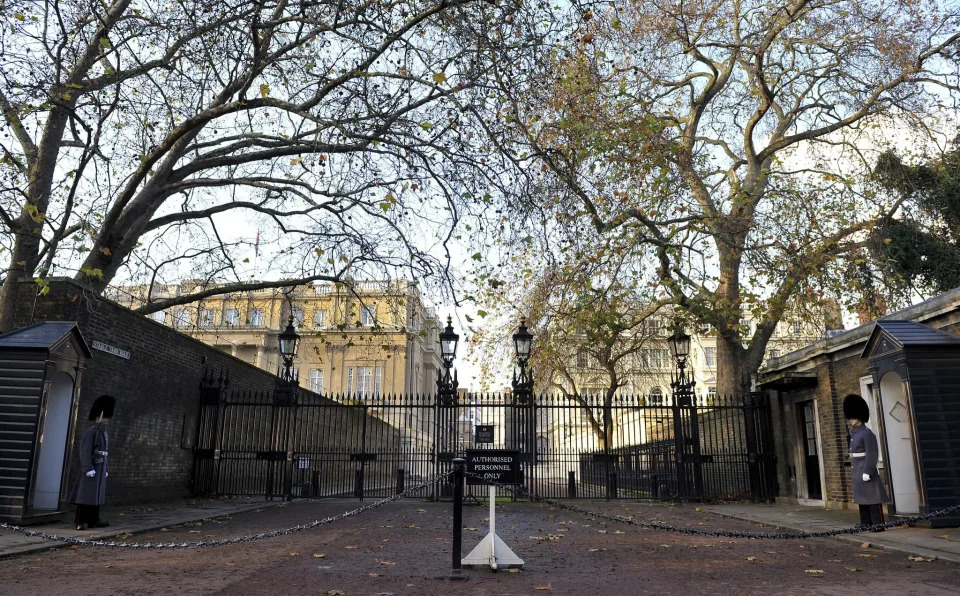London – Dozens of employees of the staff of Clarence House, the residence of Charles III when he was Prince of Wales before becoming the new king, have received notice that they will be fired soon, in the middle of the ceremonies Farewell to the late Elizabeth II.
As revealed on Tuesday by the newspaper “The Guardian”, up to a hundred workers at the former official residence of the king have received letters informing them that their services are no longer required and that they will be helped to find new jobs. .
Those affected include private secretaries, the financial office, the communications team and household staff, some of whom are decades old, who received the news in the middle of the religious service in honor of the queen in the cathedral of Saint Giles, in Edinburgh, yesterday, Monday.
“Everyone is furious, including the private secretaries and the command team. All the staff had been working very hard since Thursday night (when Elizabeth II died) to come across this… People are very upset,” an unnamed source told “The Guardian”.
In a letter, to which that newspaper had access, Charles III’s main adviser, Clive Alderton, explained to the employees that “the change of role for our superiors will also mean changes for residence.”
“The portfolio of work previously held by this residence supporting the Prince of Wales’s personal interests, previous activities and domestic operations will no longer continue, and the Clarence House residence will close,” Alderton said.
“Therefore, it is hoped that positions based primarily at Clarence House … will no longer be needed,” he adds.
After acknowledging that this is “disturbing” news, Alderton informs employees of the support they will receive to relocate to other jobs and of the “increased” compensation they will receive above that required by law.
A Clarence House spokesman explained that the operations of the residence of the Prince of Wales have ended and therefore “a consultation process has been opened”, which will mean that “although some redundancies are unavoidable”, alternative roles are being “identified for the most of the staff.
According to Clarence House’s annual summary, Charles III employed the equivalent of 101 full-time staff, a third of whom worked in the office of private secretaries.

